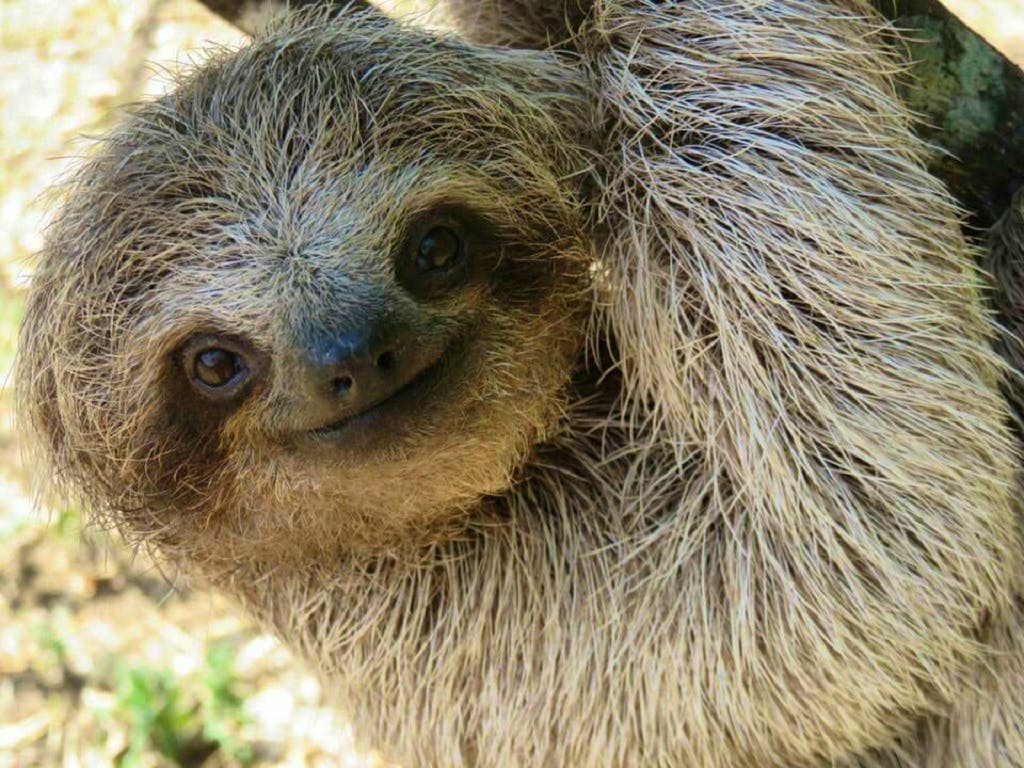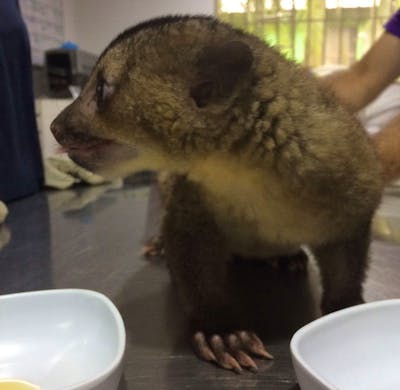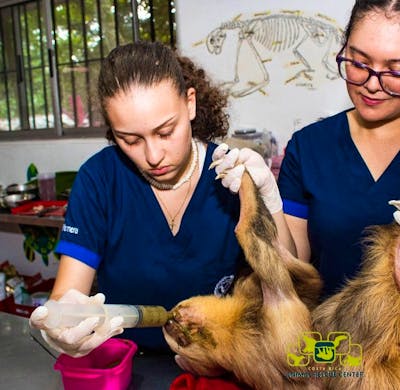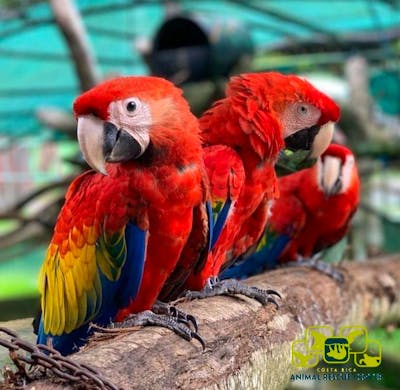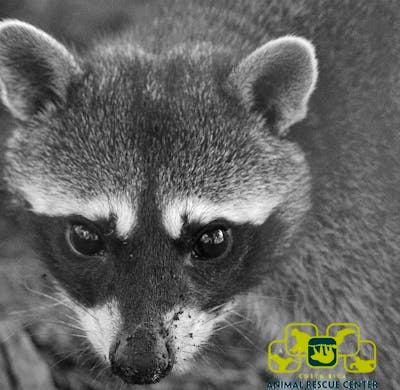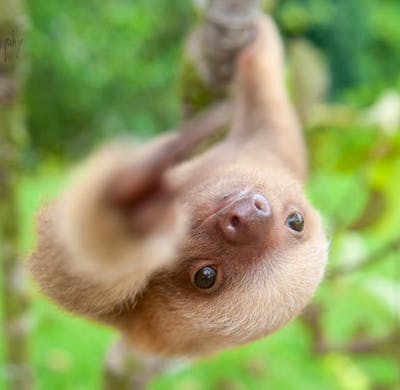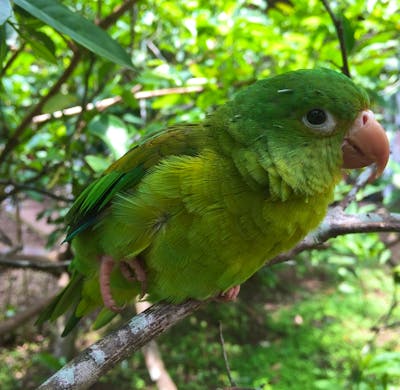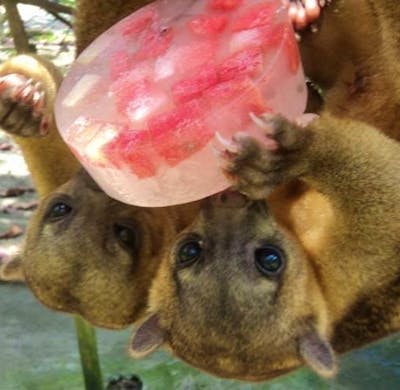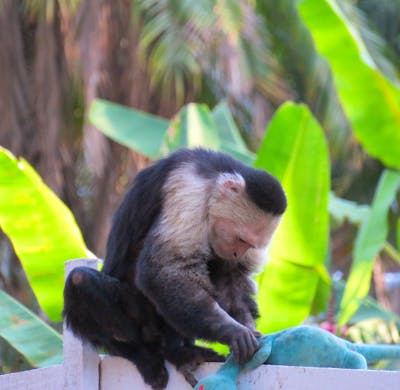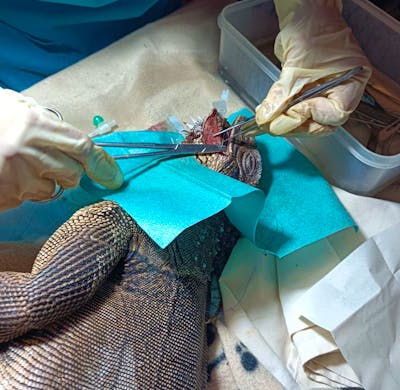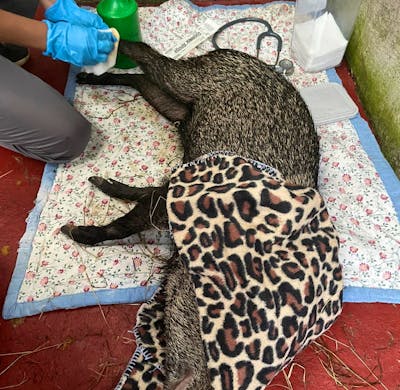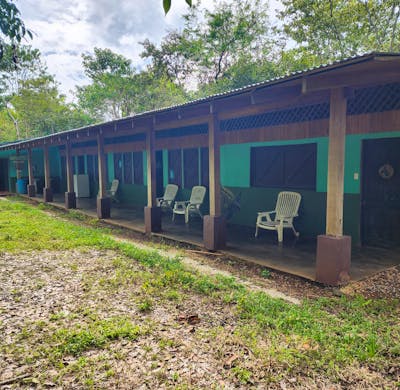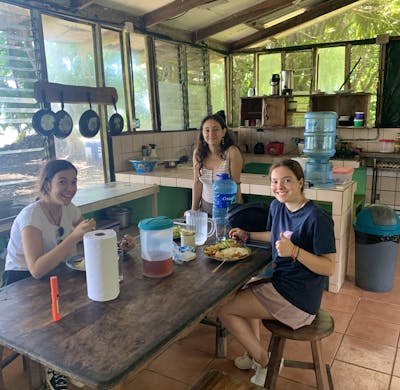2024 at Animal Rescue Center Supporter
Animal Rescue Center Supporter
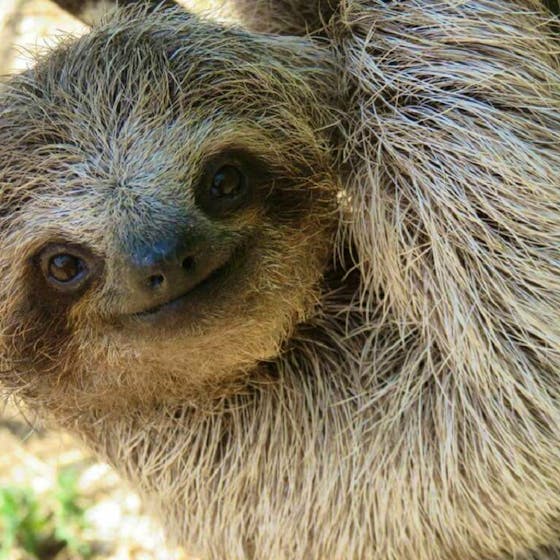
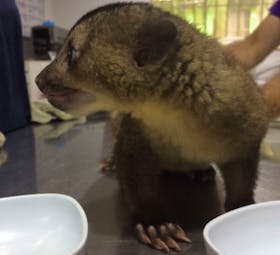
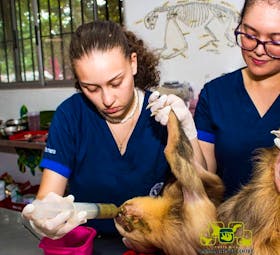
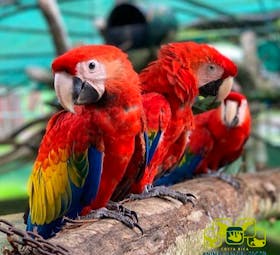
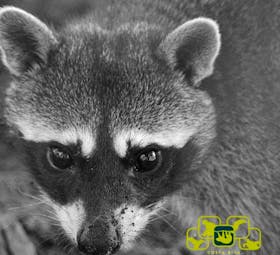
Highlights
- Volunteer with Costa Rica's wildlife animals surrounded by beautiful and unique nature
- Experience the rewarding feeling of saving wildlife by helping injured animals to get back on track
- Meet like-minded volunteers from all over the world and build life-long friendships
- aim to rehabilitate animals and give them the best possible conditions to recover from their physical and sometimes also mental injuries
- Care, treatments, and retraining are within the responsibility of permanent staff, and volunteers can help depending experience
Especially good for
About the program
Experience the joy of nurturing, the satisfaction of knowing you're making a difference, and the warmth of these wonderful creatures' company. Come and join us!
Following the new standards of animal welfare and for respect to wildlife, we stand against the “petting zoo” idea, where time before, inexperienced volunteers handled animals indistinctly. This concept has changed recently, and is now an aspect under the new regulation of Costa Rican ...
Typical day
The daily tasks include:
- Preparing food for the animals
- Feeding the howler monkeys, capuchin monkeys, sloths, birds (Scarlet Macaws, parrots, owls, and others), olingo, and kinkajous
- Cleaning animal enclosures
- Cleaning the common areas
- Giving extra attention to the orphaned young animals
- General tidying ...
Free-time activities
- We have a swimming pool on our property surrounded by beach chairs for plenty of time to cool off.
- Relax in one of our hammocks and read a good book or just relax with new friends and have a great conversation.
Requirements
What's Included
What's NOT included?
Details on arrival
We work 365 days a year, you can arrive any day of the week but we do have a schedule for arrivals.
Our Rescue Center will have its gates open from 6am till 10pm if you arrive after or before this schedule you'll need to wait for the next day or the next opening.
We can provide and arrange your transportation to and from the airport with our trusted drivers if you'll like to but it would have an extra cost.
Program fees
Meet your organization
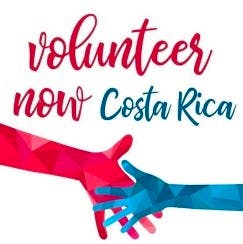
Volunteer Now Costa Rica
Non-profit - founded in 2004
Verified by Volunteer World
Coordinated by
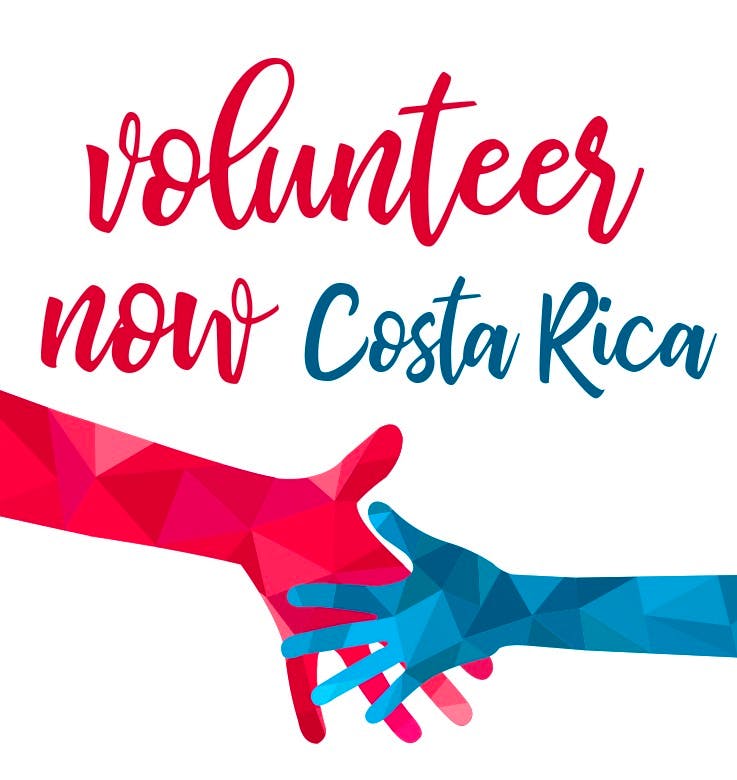
Jenny
About the project
94 reviews ·  4.3
4.3
Location

You might also be interested in
-
Howler Monkeys
Parrot
Scouts
Bear Conservation
Bird Sanctuary
Monkeys
Sloths
Volunteer Trips for College Students
Sloth Sanctuary in Costa Rica
50 Plus Volunteering
Family Volunteering
Latin America
Animals in Costa Rica
Couples
Best Volunteer Programs
Planning a Gap Year in Costa Rica
High School Volunteering
Mission Trips
Wildlife Sanctuary Costa Rica
Animal Rescue Center Costa Rica
Adults
Projects Abroad
Family Volunteering in Costa Rica
Wildlife in Costa Rica
Voluntouring
Global Volunteer Opportunities
Under 18s Volunteering
Group Volunteering
